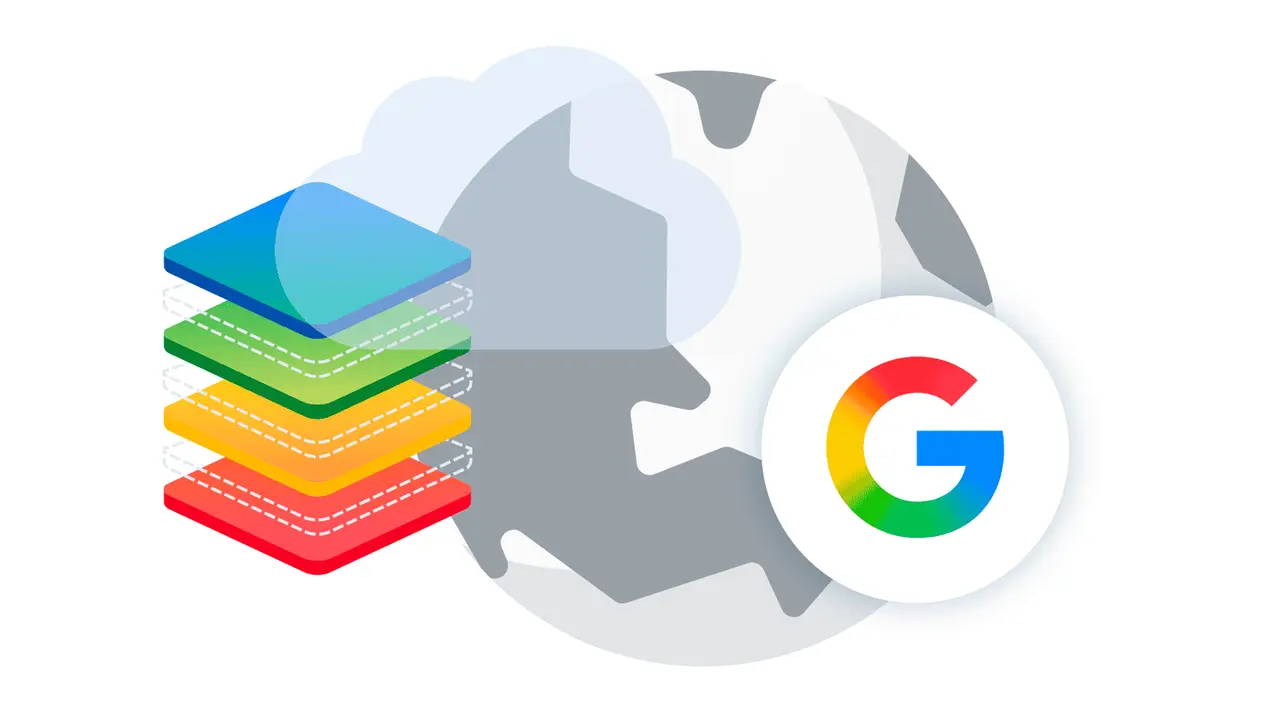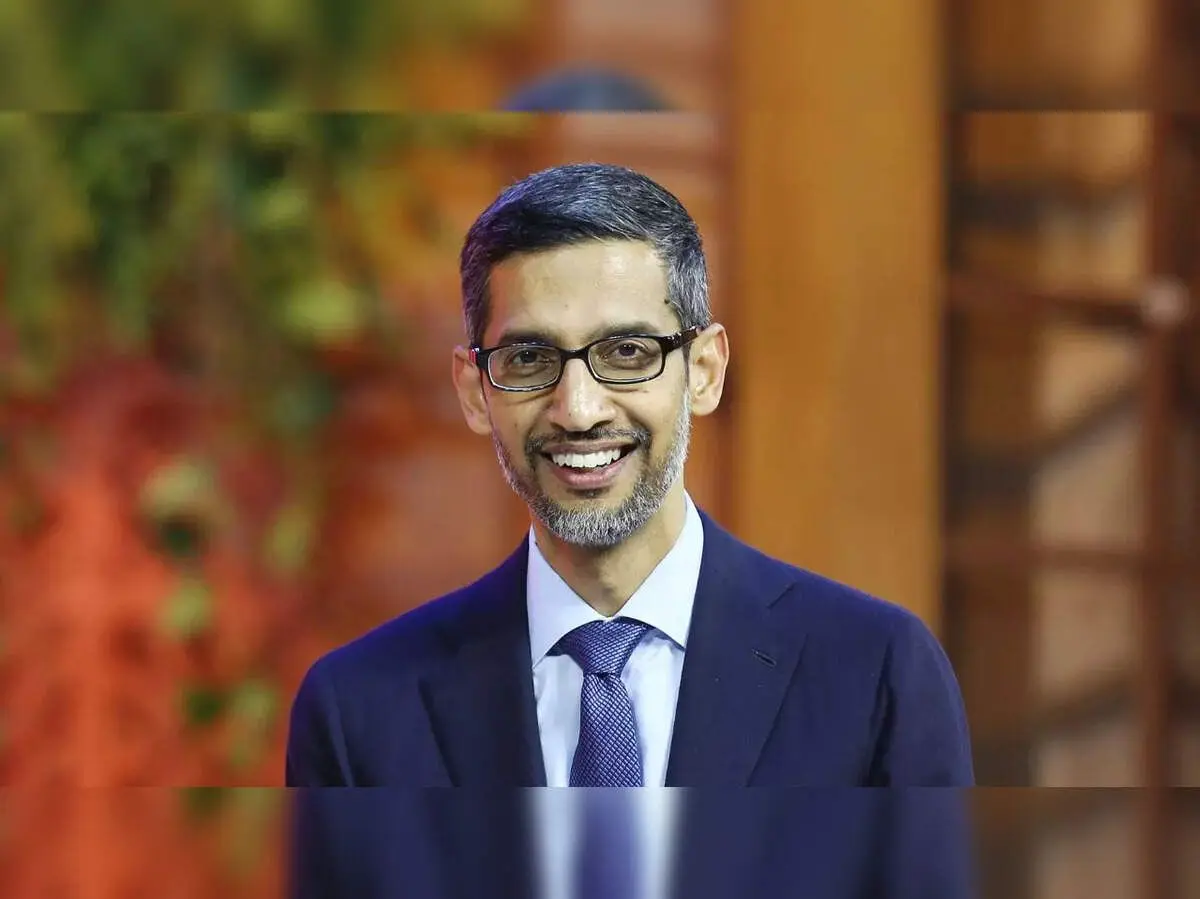Google and World Bank Join Forces to Accelerate AI-Powered Digital Transformation in Emerging Markets
3 Sources
3 Sources
[1]
Google and the World Bank Group are collaborating to build AI-powered public digital infrastructure for emerging markets.
Today, Google and the World Bank Group announced a new alliance to accelerate digital transformation in emerging markets. The collaboration focuses on deploying Open Network Stacks, which act like digital infrastructure to help citizens access vital services. By combining Google Cloud's AI technology, including its Gemini models, with the World Bank Group's development expertise, the initiative helps governments quickly create interoperable networks for critical sectors like agriculture, healthcare and skilling. Citizens can interact with these AI-powered services in over 40 languages, even on simple devices. The collaboration builds on a successful pro bono pilot in Uttar Pradesh in India that helped thousands of smallholder farmers increase profitability. To foster a sustainable and open ecosystem, Google.org is providing funding to the new nonprofit Networks for Humanity (NFH), to build universal digital infrastructure (Beckn open network and Finternet asset tokenization), establish regional innovation labs and pilot social impact applications globally.
[2]
Google, World Bank join hands to build AI-powered digital infrastructure - The Economic Times
Google and the World Bank have joined forces to speed up digital progress in developing countries. Using Google Cloud's AI, including Gemini models, the aim is to improve access to key services like healthcare and farming. Digital tools will support over 40 languages and help build shared digital networks.Google and the World Bank Group have announced a collaboration to "accelerate digital transformation" in emerging markets, in a blog post on Thursday. The World Bank, an international body responsible for providing financial aid to low- and middle-income countries, will utilise Google Cloud's artificial intelligence (AI) technology, including its Gemini models. The collaboration focuses on deploying Open Network Stacks, which act like digital infrastructure to help citizens access vital services and build interoperable digital networks across key sectors such as agriculture, healthcare, and skilling, Google said. These AI-driven services will be accessible to citizens in more than 40 languages. Google.org, the philanthropic arm of the company, is also funding a new nonprofit, Networks for Humanity (NFH), to develop universal digital infrastructure. NFH will work on Beckn open networks and Finternet asset tokenisation, and set up regional innovation labs to pilot social impact applications. Beckn connects multiple digital platforms, while Finternet tokenisation turns assets into digital tokens for easier management, thus providing citizens and governments with inclusive, AI-powered services and financial tools through a unified digital ecosystem. Also Read: Google is an AI-first company, we also want to be AI-first philanthropy: Google.org's Annie Lewin Last year, Google pledged $26.98 million (€25 million) to boost AI literacy across Europe, funding social enterprises and nonprofits to expand training access. The initiative also included "growth academies" for AI-driven startups and free online courses in 18 languages. Largest AI hub outside US Google will invest $15 billion over the next five years to set up a gigawatt-scale data centre in Visakhapatnam and its largest AI hub outside the US. This is its biggest overseas investment. The hub, which is set to house tensor processing units (TPUs), Google's proprietary AI processing technology, and data storage capabilities for sovereign AI requirements, will benefit not only Google, but also Indian organisations and entrepreneurs, Google Cloud chief executive Thomas Kurian said.
[3]
Google and World Bank Partner on AI-Powered Services in Emerging Markets | PYMNTS.com
By completing this form, you agree to receive marketing communications from PYMNTS and to the sharing of your information with our sponsor, if applicable, in accordance with our Privacy Policy and Terms and Conditions. The collaboration will deploy Open Network Stacks that help citizens access services, and it will bring together Google Cloud's AI technology and the World Bank's development expertise, Google said in a Tuesday (Oct. 14) press release. The initiative will focus on creating interoperable networks for agriculture, healthcare, skilling and other critical sectors, according to the release. It will enable citizens to use simple devices to interact with AI-powered services in more than 40 languages. "The collaboration builds on a successful pro bono pilot in Uttar Pradesh in India that helped thousands of smallholder farmers increase profitability," Google said in the release. In another, separate deployment of AI, Google reported in a Thursday (Oct. 9) blog post that the World Bank was developing AI agents to extract information from research literature on the impact of development interventions, "with the ultimate goal to empower decision-makers to allocate $220 billion in annual aid and trillions in annual impact investing more effectively." "By addressing urgent challenges like wildfires and food insecurity, our hope is that these Collaboratives create a foundation for AI to make meaningful societal contributions for years to come," Google.ai said in the post.
Share
Share
Copy Link
Google and the World Bank Group have announced a collaboration to deploy AI-powered Open Network Stacks in emerging markets. This initiative aims to improve access to vital services and foster digital transformation across key sectors.
Google and World Bank's AI-Powered Collaboration
Google and the World Bank Group have announced a groundbreaking collaboration aimed at accelerating digital transformation in emerging markets
1
. This partnership brings together Google Cloud's advanced AI technology, including its Gemini models, with the World Bank Group's extensive development expertise to create innovative solutions for developing countries2
.
Source: PYMNTS
Open Network Stacks: The Digital Infrastructure of the Future
At the heart of this collaboration is the deployment of Open Network Stacks, which function as digital infrastructure to help citizens access vital services
1
. These stacks are designed to create interoperable networks across critical sectors such as agriculture, healthcare, and skilling. The AI-driven services will be accessible to citizens in more than 40 languages, even on simple devices, ensuring widespread usability and impact2
.
Source: Google
Successful Pilot and Expansion Plans
The collaboration builds on a successful pro bono pilot project in Uttar Pradesh, India, which helped thousands of smallholder farmers increase their profitability
1
. This success has paved the way for broader implementation and expansion of the initiative.Networks for Humanity: A New Nonprofit for Digital Infrastructure
To foster a sustainable and open ecosystem, Google.org is providing funding to a new nonprofit organization called Networks for Humanity (NFH)
1
. NFH will focus on building universal digital infrastructure, including Beckn open networks and Finternet asset tokenization. The organization will also establish regional innovation labs and pilot social impact applications globally2
.Google's Broader AI Initiatives
This collaboration is part of Google's larger commitment to AI development and implementation. The company has pledged $26.98 million to boost AI literacy across Europe and is investing $15 billion over the next five years to set up a gigawatt-scale data center in Visakhapatnam, India, which will be its largest AI hub outside the US
2
.Related Stories
World Bank's AI-Driven Research
In a separate but related development, the World Bank is developing AI agents to extract information from research literature on the impact of development interventions. This initiative aims to empower decision-makers to allocate $220 billion in annual aid and trillions in annual impact investing more effectively
3
.Future Impact and Expectations
The collaboration between Google and the World Bank Group represents a significant step towards leveraging AI for social good. By addressing urgent challenges like wildfires and food insecurity, this partnership aims to create a foundation for AI to make meaningful societal contributions for years to come
3
.References
Summarized by
Navi
Related Stories
Google unveils $15 billion AI infrastructure push in India with subsea connectivity and skills
18 Feb 2026•Business and Economy

Google Expands AI Initiatives in India: Tackling Language Barriers and Boosting Agricultural Efficiency
15 Aug 2024

Google unveils America-India Connect subsea cables to power $15 billion AI infrastructure push
18 Feb 2026•Technology

Recent Highlights
1
Samsung unveils Galaxy S26 lineup with Privacy Display tech and expanded AI capabilities
Technology

2
Anthropic refuses Pentagon's ultimatum over AI use in mass surveillance and autonomous weapons
Policy and Regulation

3
AI models deploy nuclear weapons in 95% of war games, raising alarm over military use
Science and Research





